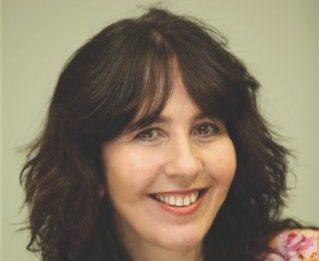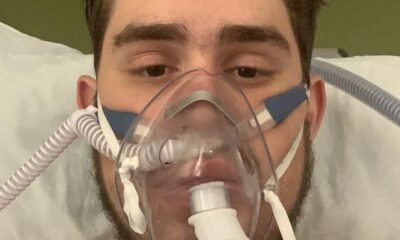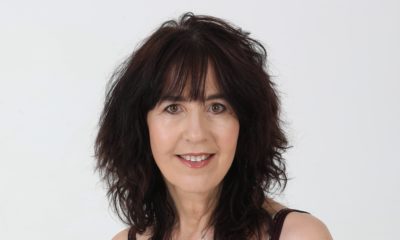
Opinion News

The numbers reflect caring for our elderly
Our community has felt the impact of COVID-19 hugely, what with 106 people having lost their lives to the coronavirus, and so many more becoming very ill with it.
And while there are many who literally didn’t even know they had it, there are those who, months later, are still feeling the consequences of this horrible virus.
The number, 106, may seem like just a number and not especially significant. However, we need to remember that each one of those 106 people was a person with a family, perhaps children and grandchildren, and friends who lost someone they loved dearly. Each one is a massive loss.
Each one had a significant life, and a phenomenal story to tell. Each one was loved and loved many. Some had long wonderful lives, while others may have had tough existences with much sadness. And while we now know that the average age of Jewish people in South Africa who have died was 82.7, there were many who were still in their prime with so much to live for.
What for me is very obvious about this high number and the average age of those who have died is that we look after our elderly. I say this because, if that’s the average age, there must be a great deal of people much older than that who were healthy before this pandemic. It’s a testament to how well we care for our elderly in our community. This explains the high death rate, rather than anything else. The price we have paid for looking after our elderly with kid gloves is a really high death rate during this pandemic.
So, yes, the number is high, and yes, it means these people have left us behind – and nothing can take that away – but it also means that we can really be grateful for how we treat our elderly. I believe that rather than self-flagellating, we should honour the people and organisations like the Chevrah Kadisha, among others, who go the extra mile in caring for our elderly.
It also speaks to something intrinsic in our community in how we honour our aged folk. I know so many people who, as their parents get older, do whatever it takes to give them the best years of their lives. Clearly this is why we have such a huge elderly community that is now so highly susceptible to COVID-19.
Every single one of those who died deserves to be honoured and remembered. And they will be, by those who love them, whether they are here or in other parts of the world.
This is a difficult time, and there have been too many deaths and too much illness. Most of those people who experienced loss at the hands of this virus weren’t able to be there for their loved ones in the end. In fact, their loved ones had mostly lonely deaths, and sitting shiva for them was equally lonely.
And, funerals have been sadder than ever because so few were able to attend.
Through this COVID-19 time, we have paid tribute to many doctors, paramedics, people who have fed the starving, and others who have shone and been noticed for the work they have done.
However, those who work for the Chev and deal with burials and funerals are never recognised for the work they do. They are truly unsung heroes, and do work that most of us can’t even contemplate doing. These people go unnoticed, but they do their jobs with such compassion, professionalism, dedication, and pride.
Those who work for the Chev’s burial services have been working through the night for our community. They don’t complain in spite of putting themselves at risk and – especially in July – under such immense pressure. In the past month, they sometimes had as many as eight funerals a day that they had to plan and make happen. All a family has to do is call them, and the rest is ‘miraculously’ done.
Going to a funeral over this time is sadder than ever because when someone gets a good send off when they die, there’s a sense of the love and respect they inspired in their lives.
But now, COVID-19 funerals are so small, with so few there to say goodbye. In many of these cases, you can count on some of the closest relatives not being there because they tested positive. In some cases, they are sitting in their cars in the parking lot. So, during the funeral, the pressure is on the Chev to make it as pain-free and dignified as possible in spite of the size. And it does.
Going back to the number 106, I believe that because of our communal services, like Hatzolah, our doctors, and our hospitals, we have managed to save rather than lose more lives.
As the days go on, I hear more and more people being astonished that after being told that their loved one is unlikely to survive, they recover. This is clearly because over these past months, our medical and paramedic teams have learnt so much and are applying it to the best of their ability. They are saving many lives that they wouldn’t have been able to three to six months ago.
In this dark time, we have so much to be grateful for. I, for one, thank my lucky stars I was born into this community.
Shabbat Shalom!










